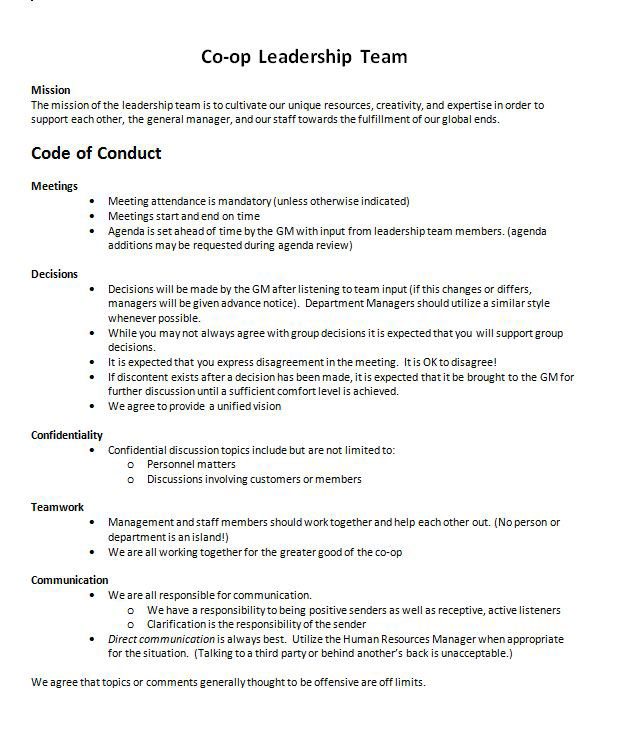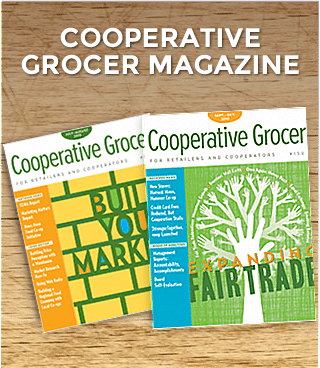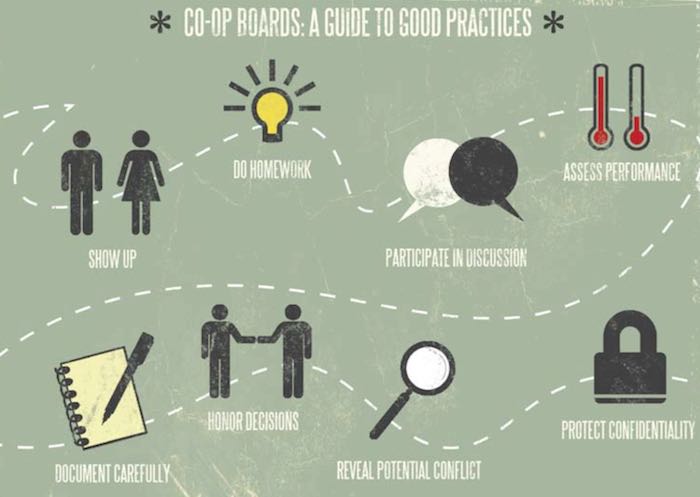Context Matters: Using Trends to Monitor the Financial Health of your Co-op
By Michael Healy When it comes to numbers and data, context matters. The context in which we place particular numbers helps us make meaning of those numbers, and this is particularly important when we are talking about financial data. Over many generations, managers and accountants have developed financial reporting tools that help them do their jobs. Balance sheets, income/expense (aka profit/loss) statements, and [...]
Minimizing the Risk of Fraud
By Thane Joyal, Mark Goehring 173 July - August 2014 Loss prevention is a key piece of the retail grocery business. Co-op managers are aware of this at their level and manage against it every day, but everyone in the cooperative needs to pay attention to the possibility. Board members: don’t be complacent. There are myriad ways to steal from a grocery store: at the [...]
Unacceptable Monitoring Reports
Boards monitor policy to find out whether their expectations are being met. A board needs to respond to an unacceptable monitoring report appropriately in order to fulfill its fiduciary responsibility to the co-op's owners. When the General Manager's monitoring doesn't meet the board's expectations the board needs to give clear direction to the Manager. Why do we monitor policy? Boards that use written policy [...]
Reporting During Expansion
Boards delegate to their GM the task of effectively managing the co-op’s operations, which requires a clear system of accountability to ensure the GM is doing this job well. How can a board and GM maintain this system of delegation and accountability during the more risky and busy time of an expansion project? How can the board be sure that good financial management continues [...]
Precautions and Protections: Summarizing legal responsibilities of cooperative boards
By Thane Joyal, Dave Swanson 153 March - April - 2011As cooperative directors, it's important that we know our jobs. Some parts of that job are personal to us: we bring interests, skills, and perspectives that make our contributions unique. It's our responsibility to use those personal attributes to participate constructively in the group that makes up the cooperative board. A key way [...]
Legal issues for new co-ops
Learning objectives: the options and recommendations for food cooperative legal structure the timing and steps of legal organization the purpose and role of legal documents
A Board’s Duty: Determining What is Reasonable
By Thane Joyal 138 September - October - 2008 The man in the wilderness asked of me, How many strawberries grow in the sea? I answered him as I thought good As many as red herrings grow in the wood. —Old Nursery rhyme When I talk to members of a board of directors about its legal roles and responsibilities, I always try [...]








